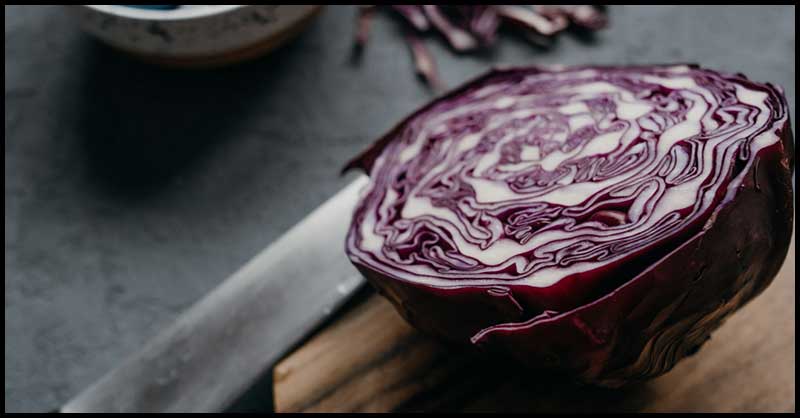Antioxidants are also called “free-radical scavengers.” They prevent or slow damage to cells caused by free radicals, waste substances produced by cells as the body processes food and reacts to the environment. Failure of the body to efficiently process and remove these free radicals can result to oxidative stress which can harm the cells as well as the body functions. Studies have linked oxidative stress to arthritis, stroke, respiratory diseases, heart disease, cancer, immune deficiency, emphysema, Parkinson’s disease, and other inflammatory or ischemic conditions (1).
There are a number of different substances that can act as antioxidants. These include vitamin C, vitamin E, beta-carotene, selenium and manganese, glutathione, coenzyme Q10, lipoic acid, flavonoids, phenols, polyphenols, phytoestrogens, and many more. They are naturally occurring and can be found in the foods we eat. These substances help prevent oxidation or serve as a natural defense against the local environment (2).
There are numerous choices for antioxidant-rich foods. One of them is the cabbage which was found to contain nearly 20 different flavonoids and 15 different phenols, all of which have demonstrated antioxidant activity.
Cabbage is a cruciferous vegetable that belongs to the group of cole crops. This leafy green, red, or white vegetable is used throughout the world and can be prepared in several ways.
The antioxidant in this vegetable comes from vitamin C, quercetin, and apigenin. Red cabbage is loaded with anthocyanins (3). Vitamin C’s antioxidant activity may help lower inflammation levels and lessen our risk of developing various conditions, including some cancers (4).
In addition to its high fiber content, cabbage contains polyphenols and sulfur compounds which are powerful antioxidants (5).
Polyphenols rank at the top of the list for phytonutrient antioxidants in cabbage. White cabbage provides about 50 milligrams of polyphenols in a half-cup serving. Meanwhile, red can provide about 30 milligrams of red pigment polyphenols called anthocyanins in each half cup. Additionally, cabbage also contains other phenols that are responsible for its antioxidant capacity. These include benzoic acid, caffeic acid, cinnamic acid, coumaric acid, dimethylbenzoic acid, gallic acid, hydroxybenzoic acid, hydroxycinnamic acid, phenylacetic acid, rosmarinic acid, syringic acid, trimethyl benzoic acid, and vanillic acid (6).
Sources:
- https://www.medicalnewstoday.com/articles/301506#_noHeaderPrefixedContent
- https://www.hsph.harvard.edu/nutritionsource/antioxidants/
- https://www.organicfacts.net/health-benefits/vegetable/health-benefits-of-cabbage.html
- https://www.medicalnewstoday.com/articles/219352#why-we-need-it
- https://www.healthline.com/nutrition/benefits-of-cabbage#TOC_TITLE_HDR_3
- http://www.whfoods.com/genpage.php?tname=foodspice&dbid=19
Disclaimer
The watching, interacting, and participation of any kind with anything on this page does not constitute or initiate a doctor-patient relationship with Dr. Farrah®. None of the statements here have been evaluated by the Food and Drug Administration (FDA). The products of Dr. Farrah® are not intended to diagnose, treat, cure, or prevent any disease. The information being provided should only be considered for education and entertainment purposes only. If you feel that anything you see or hear may be of value to you on this page or on any other medium of any kind associated with, showing, or quoting anything relating to Dr. Farrah® in any way at any time, you are encouraged to and agree to consult with a licensed healthcare professional in your area to discuss it. If you feel that you’re having a healthcare emergency, seek medical attention immediately. The views expressed here are simply either the views and opinions of Dr. Farrah® or others appearing and are protected under the first amendment.
Dr. Farrah® is a highly experienced Licensed Medical Doctor certified in evidence-based clinical nutrition, not some enthusiast, formulator, or medium promoting the wild and unrestrained use of nutrition products for health issues without clinical experience and scientific evidence of therapeutic benefit. Dr. Farrah® has personally and keenly studied everything she recommends, and more importantly, she’s closely observed the reactions and results in a clinical setting countless times over the course of her career involving the treatment of over 150,000 patients.
Dr. Farrah® promotes evidence-based natural approaches to health, which means integrating her individual scientific and clinical expertise with the best available external clinical evidence from systematic research. By individual clinical expertise, I refer to the proficiency and judgment that individual clinicians acquire through clinical experience and clinical practice.
Dr. Farrah® does not make any representation or warranties with respect to the accuracy, applicability, fitness, or completeness of any multimedia content provided. Dr. Farrah® does not warrant the performance, effectiveness, or applicability of any sites listed, linked, or referenced to, in, or by any multimedia content.
To be clear, the multimedia content is not intended to be a substitute for professional medical advice, diagnosis, or treatment. Always seek the advice of your physician or other qualified health providers with any questions you may have regarding a medical condition. Never disregard professional medical advice or delay in seeking it because of something you have read or seen in any website, video, image, or media of any kind.
Dr. Farrah® hereby disclaims any and all liability to any party for any direct, indirect, implied, punitive, special, incidental, or other consequential damages arising directly or indirectly from any use of the content, which is provided as is, and without warranties.









